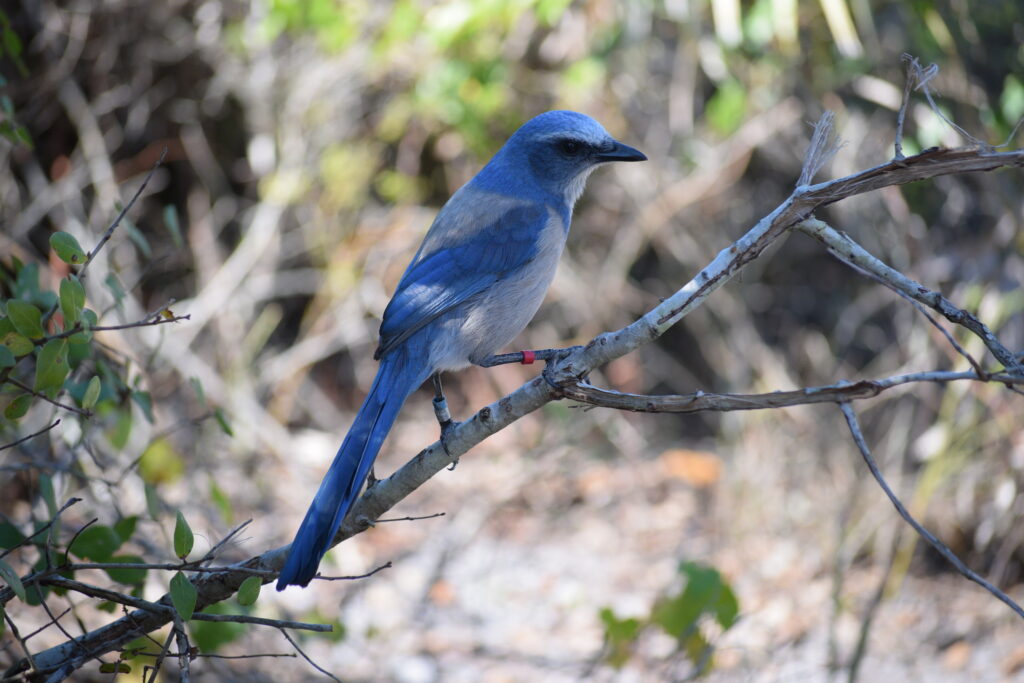A roundup of news items related to climate change and other environmental issues in Florida:
The endangered dozen: a look at 12 animals facing extinction in Florida | News-Press

Florida was named for the breadth and beauty of its flora, but it’s the animals that call the Sunshine State home that get all the attention.
And for good reason: Florida is arguably the wildest of the lower 48 states.
From native animals like West Indian manatees to scary invasive critters like the Burmese python, Florida is loaded with spectacular wildlife. Unfortunately, many species are listed as endangered or threatened, and some are dwindling away due to factors like habitat loss and climate change.
Experts say fertilizer’s impact in Florida already known, but study clears state budget | Daytona Beach News-Journal
Dozens of Florida organizations, businesses and communities were disappointed last week when Gov. Ron DeSantis signed the $116.5 billion state budget that included $250,000 for a study of seasonal fertilizer bans.
That’s because while the study of the bans’ effectiveness is being conducted by the University of Florida Institute of Food and Agricultural Sciences, counties and cities are prohibited from creating new fertilizer bans or amending existing ones after July 1.
Leaders of 55 entities encouraged DeSantis to veto the appropriation as studies already have shown that engaging in seasonal fertilizer restrictions is the cheapest, easiest and best way to stop urban stormwater pollution at its source.
Climate change could significantly impact lower-income areas of Osceola County | Orlando Sentinel
Climate change could have a significant impact on lower-income areas of Osceola County but as its effects increase, county sustainability goals are just getting started.
In 2020, the county adopted the Osceola Green Initiative Element plan, which aimed at creating a climate change workgroup that would oversee and implement sustainability policies. The group has not been established yet. In 2021, the county created the Office of Sustainability but didn’t fully fund the office until late 2022.
“We’re already working on some of those things but that working group will help us establish the frame, the phasing plan and the benchmarks for how we move forward,” said Susan Caswell, the director of the Office of Sustainability. “[Establishing the working group] may happen by the end of 2023, otherwise early 2024.”
If you have any news items of note that you think we should include in our next roundup, please email The Invading Sea Editor Nathan Crabbe at ncrabbe@fau.edu. Sign up for The Invading Sea newsletter by visiting here.



